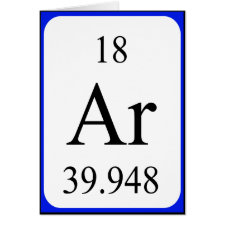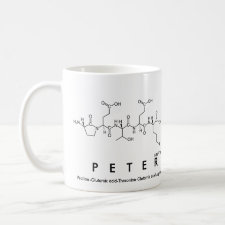
Authors: Osmani Q, Hughes H, McLoughlin P
Article Title: Probing the recognition of molecularly imprinted polymer beads.
Publication date: 2012
Journal: Journal of Materials Science
Volume: 47
Issue: (5)
Page numbers: 2218-2227.
DOI: 10.1007/s10853-011-6032-4
Abstract: A facile, robust and cost-effective suspension polymerisation methodology for the generation of ibuprofen molecularly imprinted polymers in bead formats was evaluated. Mineral oil was employed as the continuous phase whereby microdroplets of the pre-polymerisation mixture were formed through vigorous agitation, followed by photo-polymerisation resulting in formation of imprinted beads. For comparison purposes, irregular particles were also prepared from monolith polymers. Physical characteristics of the imprinted polymers were investigated using scanning electron microscope, particle size distribution, nitrogen sorption porosimetry and solvent swelling ratios, with subsequent correlation of these parameters to analyte rebinding performance. Overall, an increase in affinity was observed with decreasing the degree of cross-linking, however, specific rebinding was compromised. An inverse relationship between polymer affinity for the template and surface area was identified, while solvent swelling ratios were directly related to polymer affinity. Correlation between pre-polymerisation studies and polymer binding performance highlighted the significance of employing the polymerisation solvent in template rebinding in order to achieve superior recognition capabilities. Additionally, shape selectivity of binding sites was demonstrated by the decreased binding performance of template structural analogues to the imprinted polymer
Template and target information: ibuprofen



Join the Society for Molecular Imprinting

New items RSS feed
Sign-up for e-mail updates:
Choose between receiving an occasional newsletter or more frequent e-mail alerts.
Click here to go to the sign-up page.
Is your name elemental or peptidic? Enter your name and find out by clicking either of the buttons below!
Other products you may like:
 MIPdatabase
MIPdatabase









